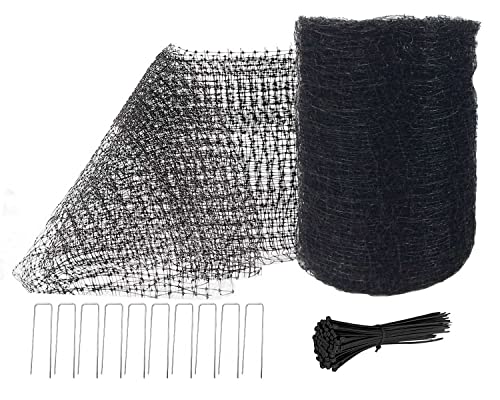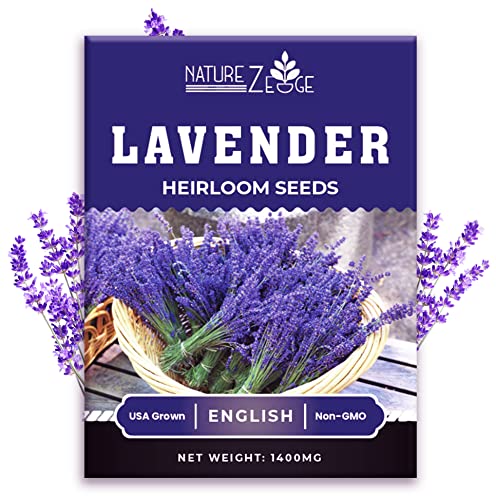As someone who is passionate about all things deer-related, I often find myself wondering about the types of foliage they enjoy eating. So, do deer eat blackberries? In this ultimate guide, I’ll explore the answer to that question and discuss strategies for protecting your berry crop and planting deer-resistant alternatives.
Do Deer Eat Blackberries?
Yes, blackberries are part of the diet of deer. They are known to be omnivorous and can eat almost any plant material. Not only are blackberries tasty, but they also provide essential nutrition to the deer.
Blackberries contain high amounts of vitamins, minerals, and antioxidants that help with digestion, immune system, and overall health. Therefore, it is likely that deer may browse on blackberries, especially when they are in season and readily available.
So, if you’re an avid gardener and you were wondering if the deer in your area will eat your blackberry bushes. The answer is yes. Deer are known to be opportunistic grazers, and will eat almost any plant material they can find. Blackberries are no exception.
However, it’s important to note that deer won’t typically devour an entire berry bushes overnight. They tend to nibble here and there, which can still cause damage to your plants. But luckily, blackberries aren’t toxic to deer. In fact, they are packed with essential nutrients that can help with their digestion, immune system, and overall health.
Nutritional Benefits of Blackberries for Deer
- Blackberries are high in fiber, which can help with digestion.
- They contain antioxidants that can boost the immune system and reduce inflammation.
- Blackberries are rich in vitamins C, K, and A, which can help with vision, bone health, and wound healing.
- Additionally, blackberries are a good source of minerals such as potassium, magnesium, and calcium, which are important for muscle function and bone strength.
How to Prevent Deer from Eating Blackberries?
Ah, the blackberry bushes, the perfect attribute for any backyard. Unfortunately, the deer’s love for blackberries can easily become the owner’s frustration. But fear not, in this guide, I will show you how to protect your blackberry bushes from deer.
1. Fences
One of the most effective ways to protect raspberry plants from deer is to build a fence around the garden. Deer can jump quite high, so it’s important to build a fence that is at least 6-8 feet tall. The fence should also be buried at least 2 feet into the ground to prevent deer from burrowing underneath it.
Choose a fence material that won’t rust or deteriorate over time, such as vinyl or aluminum. It’s also important that deer should not be able to see what’s on the other side of the fence to discourage them from jumping. Make sure to install a gate that is secure and closes tightly to keep deer out.
Another important thing to consider is the distance between the fence and the raspberry plants. It’s recommended that the distance between the fence and the plants be at least 5 feet to prevent deer from reaching through the fence and eating the berries.
Electric fencing
Electric fencing is a pricier but more effective method to protect blackberry bushes from deer. It provides better protection.
Use Netting
Netting is a good way to keep deers out while still allowing easy access to the blackberry bushes. Netting should be visible enough to prevent trapping of animals.
2. Scare Tactics
Scare tactics are another effective way to keep deer away from raspberry plants. There are many different scare tactics that you can use, such as motion-activated sprinklers, reflective tape or bird diverters. These tactics work by startling the deer and making them think there may be a predator in the area.
Some people also use noise-makers like wind chimes, ultrasound, or radios to deter the deer. Keep in mind that scare tactics may not work for every deer, but they can be a useful addition to fencing or other preventative measures.
3. Repellents
In the market, there are various options for deterring deer from eating your precious plants. The repellents function by either rendering the plants unappetizing to deer or by emanating an odor that deer dislike. The choice of the most appropriate repellent varies depending on your circumstances.
Detail-oriented following of the manufacturer’s instructions and frequent application of the repellent is essential. Caution must be taken when handling the repellent – wearing gloves could prevent skin irritation. Other creatures like rabbits might also be attracted to the region, thus pay attention to them.
4. Choose Deer-resistant plants
Choosing deer-resistant plants is an essential step in protecting blackberry bushes from deer. Certain blackberry varieties are less preferred by deers, so selecting those types of berries can reduce the risk of damage.
When choosing deer-resistant plants, consider blackberry varieties with thorns. Thorny plants are less appealing to deer, and they can function as a natural defense mechanism. Thorny bushes not only make it more challenging for deers to munch on the berries, but they can also cause discomfort, leading to less browsing.
Furthermore, consider planting blackberries that produce low and small fruits. Deers love big, juicy berries, so by planting blackberry variants with small but numerous fruits, you can protect your harvest.
Another great option for deer-resistant blackberries is the thornless blackberry varieties. Thornless varieties produce smaller berries and have a less developed aroma, which can be less appealing to deers.
5. Hang soap bars around your bushes
Deers do not like the smell of soap. By hanging perfume-free soap bars around the bushes, you can prevent deer from eating the blackberries.
6. Plant non-food related items around your blackberry bushes
Deers tend to eat the plants they love the most. By planting non-food related items, you can reduce the appeal of blackberry bushes to deer. For example, lavender and marigolds work pretty well and are beautiful too!
These are some of the most effective ways to protect blackberry bushes from deer.
FAQ
Do wild blackberries form part of deer’s diet?
Wild blackberries are a common food source for a variety of wild animals. One of these animals is the deer, which often feeds on the tender leaves and ripe berries. These blackberries are distinguishable from unripe raspberries, which are also a food source for many animals including skunks, foxes, raccoons and birds. Therefore, it is likely that deer do eat wild blackberries.
Which animals consume wild blackberries?
It’s common for various creatures living in the wild to feast on ripe blackberries for nourishment. Wildlife such as birds, skunks, foxes, raccoons, as well as deer enjoy munching on the juicy fruit. As ripe blackberries grow on thorny bushes, birds and mammals alike have to carefully maneuver through the prickly branches to obtain the sweet reward. Wild blackberries are an important source of food for many animals living in their natural habitat.
Conclusion
So, there you have it – the answer to the age-old question, do deer eat blackberries? Unfortunately, the answer is a resounding yes. But fear not! There are ways to protect your precious berries from these pesky critters.
You can try putting up physical barriers like fencing or using deer repellents. Or, if you’re feeling adventurous, try planting some deer-resistant options like lavender, rosemary, or even some varieties of mint. Just make sure to do your research and choose plants that are safe for your area and won’t become invasive pests themselves.
You may also be interested in reading:










